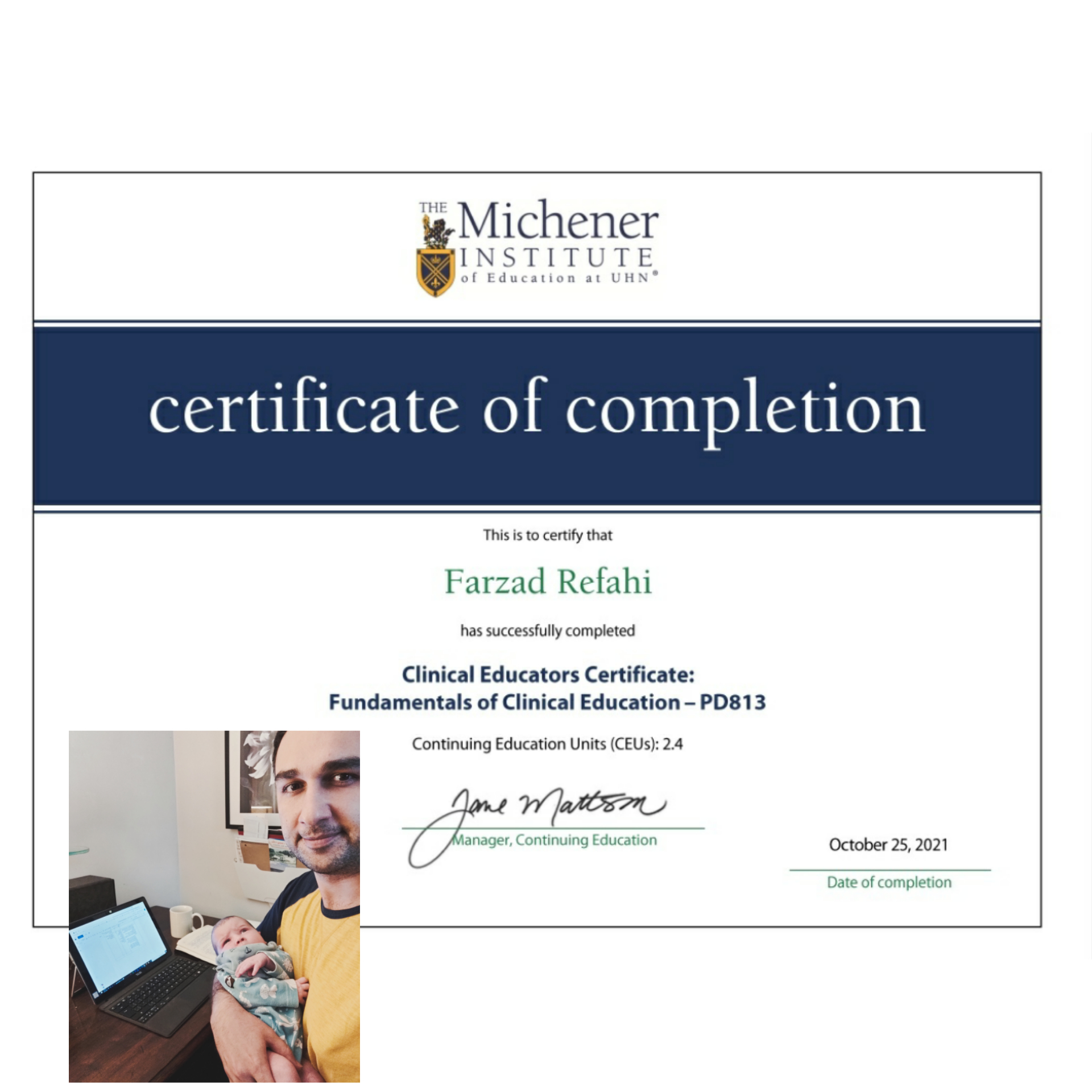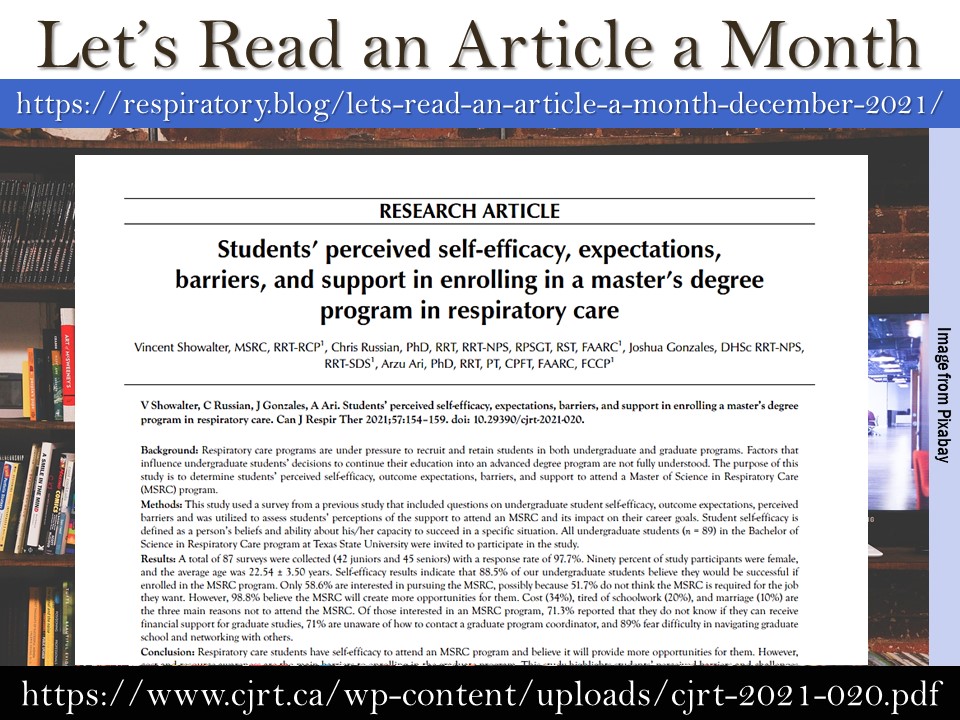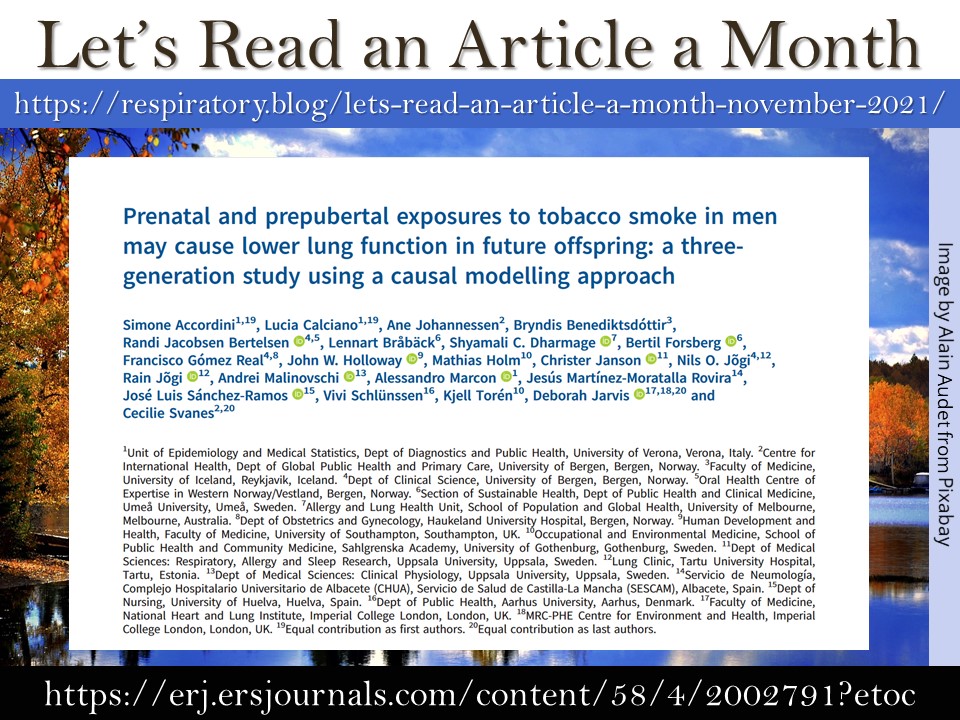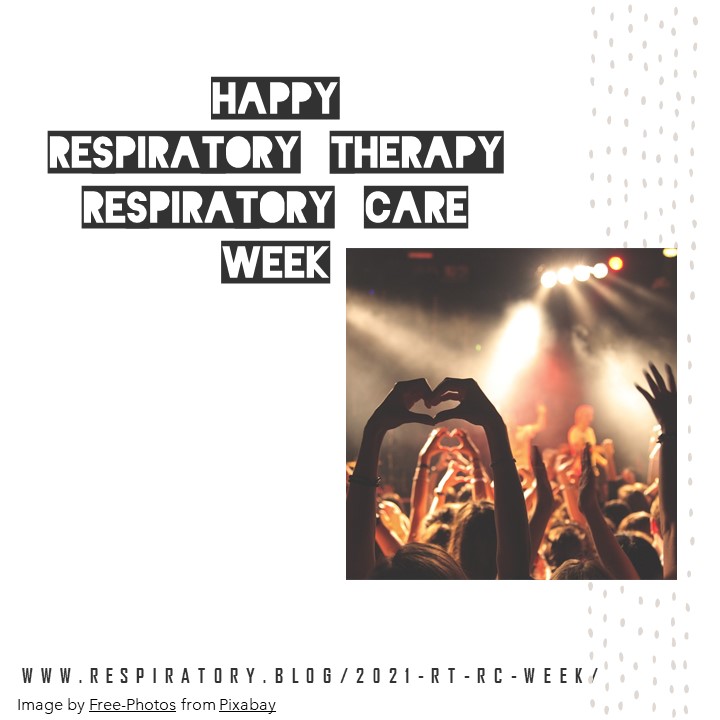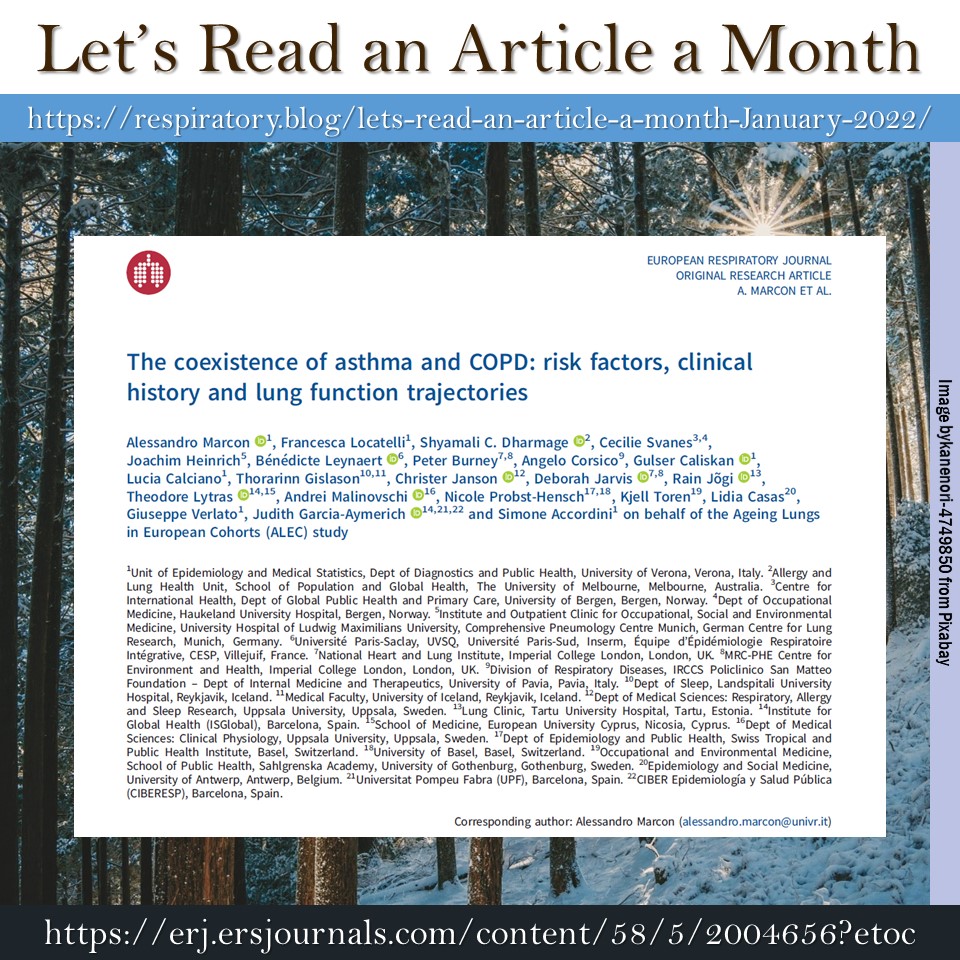
Every month I read an open-access article. Then, I share the title and associated link with my followers. This is to encourage clinicians to read more articles, stay up to date, and continue to grow.
The coexistence of asthma and COPD: risk factors, clinical history and lung function trajectories
By: Alessandro Marcon, Francesca Locatelli, Shyamali C. Dharmage, Cecilie Svanes, Joachim Heinrich, Bénédicte Leynaert, Peter Burney, Angelo Corsico, Gulser Caliskan, Lucia Calciano, Thorarinn Gislason, Christer Janson, Deborah Jarvis, Rain Jõgi, Theodore Lytras, Andrei Malinovschi, Nicole Probst-Hensch, Kjell Toren, Lidia Casas, Giuseppe Verlato, Judith Garcia-Aymerich, and Simone Accordini on behalf of the Ageing Lungs in European Cohorts (ALEC) study
European Respiratory Journal 2021 58: 2004656; DOI: 10.1183/13993003.04656-2020
Link to the article: https://erj.ersjournals.com/content/erj/58/5/2004656.full.pdf
The reasons I found this article interesting
A detailed study with around 20 years of medical history. A large number of individuals [14864, 9251 and 6122, respectively in ECRHS I, II and III who underwent clinical examinations, from 23 centres] (p4). Useful observations were presented based on past asthma, current asthma, asthma + COPD, and COPD alone. A recommended article to students, new RRTs and even experienced clinicians. There are many results, findings and conclusions that I cannot cover in a post. As always, I recommend that you read the full article for yourself.
”Lung function decline for subjects with asthma + COPD could have been mitigated by long-term anti-inflammatory treatment. “ (p9).
“The coexistence of asthma and COPD seems to be a form of severe asthma with severe asthma with origins early in life, as opposed to COPD alone, which is more linked to adult exposures.” (p10).
”…COPD without concomitant features of asthma seems predominantly linked to adult-life toxic inhalant exposures. Exposure avoidance (e.g. through smoking cessation and reduction of pollution exposure in occupational settings) may be particularly beneficial against the development of the “pure COPD” phenotype…” (p10).
Happy reading and learning.
Farzad Refahi
January 01, 2022
Link to the blog post: https://respiratory.blog/lets-read-an-article-a-month-January-2022/
